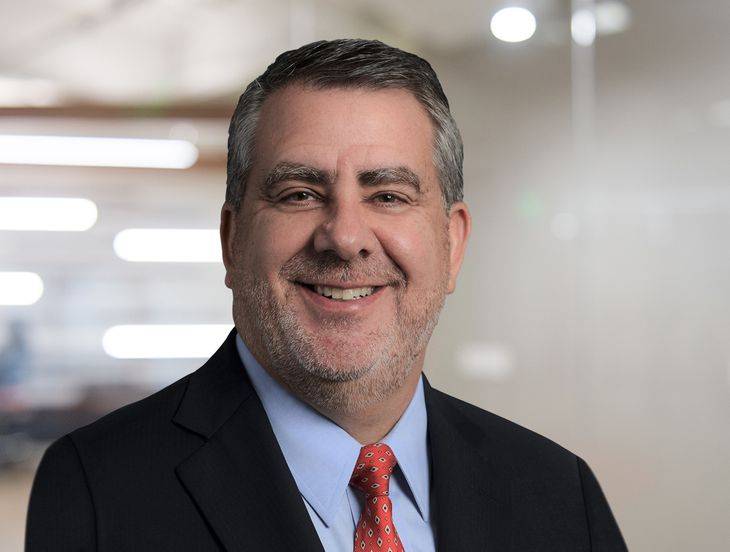Feds Encourage Companies to Come Clean on Criminal Conduct and Reward Whistleblowers for Reporting Wrongdoing: Key Takeaways for Employers
Insights
3.28.24
Federal prosecutors are exploring new ways to encourage business leaders to invest in their corporate compliance programs. Indeed, a Department of Justice official recently announced several new programs incentivizing companies to self-report misconduct and offering monetary rewards to whistleblower employees whose tips on foreign corruption, financial crimes, and other misconduct lead to asset forfeitures. The DOJ has emphasized that cooperation is key, citing its goal as motivating companies to see the value in creating a culture of compliance. Here are three things you need to know about the DOJ’s corporate compliance strategy – and six practical tips on how you can create solid programs to help weed out misconduct.
1. Incentivizing Companies and Employees to Cooperate
The DOJ wants businesses to report misconduct as soon as it’s discovered, rather than wait for the department to investigate and find a violation, according to Deputy Attorney General Lisa Monaco. But even when the DOJ is first to uncover a violation, the company can reduce its exposure by proactively cooperating with the investigation, she noted in a speech on March 7.
Voluntary self-disclosure programs are designed to reward companies for their cooperation. Under a policy announced last year, a company qualifies if it becomes aware of employee misconduct before it is publicly reported or otherwise known to the DOJ and discloses all relevant facts in a timely fashion prior to “an imminent threat of disclosure or government investigation.”
Now, this year, several U.S. Attorney’s Offices are rolling out voluntary self-disclosure pilot programs for individuals who can be shielded from prosecution when they report misconduct, if certain conditions are met. This program is meant to encourage at-fault employees to voluntarily disclose wrongdoing and cooperate against others who may be more culpable.
| Key Employer Takeaway: Companies can avail themselves of these incentives by ensuring they have mechanisms in place to monitor for violations – including well-trained employees who know what to look for and a transparent reporting infrastructure that encourages a “speak up culture.” You’ll also want to set up efficient workplace investigation systems to determine whether a reported incident is a violation, and if so, to timely communicate with the DOJ when appropriate. |
2. Rewards for Whistleblowers
The DOJ also announced a new pilot program offering monetary rewards to whistleblower employees whose tips on foreign corruption, financial crimes, and other misconduct lead to asset forfeitures. This program is specifically geared toward employees who have not engaged in any wrongdoing but discover misconduct by others.
“The premise is simple,” Monaco said. “If an individual helps DOJ discover significant corporate or financial misconduct – otherwise unknown to us – then the individual could qualify to receive a portion of the resulting forfeiture."
| Key Employer Takeaway: The DOJ is clearly casting a bigger net in its efforts to eliminate corruption, which means your company should be vigilant with your compliance strategies. You can read more here on additional DOJ efforts, particularly for business leaders with international operations. |
3. Focus on Artificial Intelligence
Similar to other federal agencies, the DOJ is exploring how AI impacts businesses and workplaces. “AI holds great promise to improve our lives – but great peril when criminals use it to supercharge their illegal activities, including corporate crime,” Monaco said. She noted that federal prosecutors will assess a company’s ability to manage AI-related risks as part of their overall compliance efforts.
| Key Employer Takeaway: You’ll want to develop a game plan as you face the AI revolution. Read our Insight here on whether or not you should hire a Chief AI Officer. You can also click here for the ten things all employers must include in any workplace AI policy. |
Practical Tips for Creating Compliance Programs
- Establish Effective Policies. The foundation of any prevention program is an effective compliance and ethics program. To be effective, the policies must clearly set forth the company’s expectations and standards for employee conduct. Further, you must train your employees on the policies. These programs should have a mechanism for anonymous reporting. Any issues raised need to be promptly investigated and addressed appropriately once detected.
- Start at the Top. One of the most important – and often overlooked – aspect of any compliance and ethics program is leadership from the top. Company leaders must set the standard and live by those standards on a day-to-day basis. Make sure your highest-level executives lead by example and take part in communicating the importance of these control measures. Employees will be less tempted to engage in misconduct if your company leadership reflects the message that you take these matters seriously and actively take steps to prevent it.
- Implement Segregation of Duties. Next, it is essential to implement effective internal controls to prevent opportunities for misconduct. One of the most effective internal controls is segregation of duties. This concept involves the separation of financial transaction tasks among different employees.
- Launch Random Audits. You should also implement some type of random audits to confirm the validity of transactions and purchases. The mere knowledge that the transactions may be scrutinized could be enough to prevent fraud. Moreover, such audits are often viewed favorably by enforcement authorities as evidence that your organization takes compliance seriously and is actively trying to prevent it.
- Involve the Use of Analytics. One advanced auditing method involves the use of AI tools to spot outliers – such as exceedingly high transaction costs or instances of the same individuals involved in seemingly unrelated transactions. This can be particularly useful when dealing with vast quantities of information on a global scale.
- See Something, Say Something. You should also be on the look-out for warning signs of potential misconduct. These often include such things as employees who never take time off or who refuse to let other employees perform their duties (as this could indicate someone is fearful that their fraud will be discovered). Be sure to have an internal system in place for employees to report their concerns. All concerns raised should be investigated as quickly as feasible and addressed consistently if malfeasance is discovered.
Conclusion
As the DOJ ramps up its efforts to eliminate corruption, you should review and potentially revise your compliance strategies. If you need assistance, please contact your Fisher Phillips attorney, the authors of this Insight, or any attorney in our International or Corporate Compliance and Governance Practice Groups. Make sure to subscribe to Fisher Phillips’ Insight System to get the most up-to-date information on this and other workplace topics sent directly to your inbox.
Related People
-
- Nazanin Afshar
- Partner
-
- Raymond W. Perez
- Of Counsel

